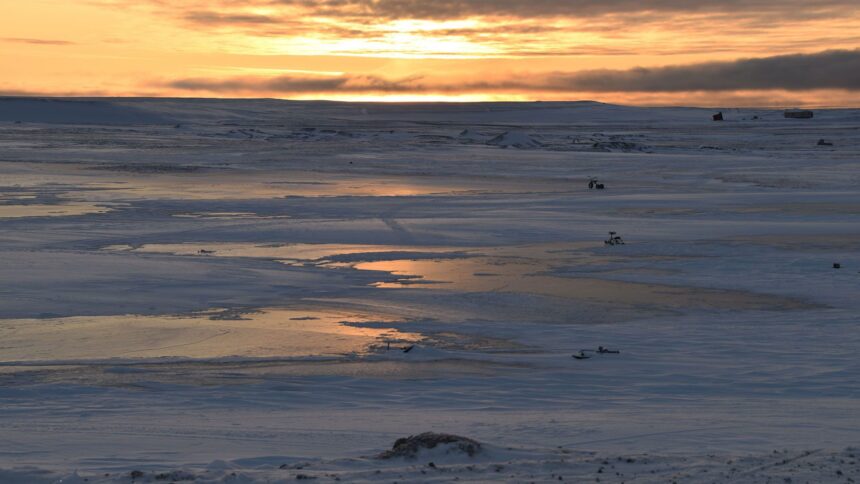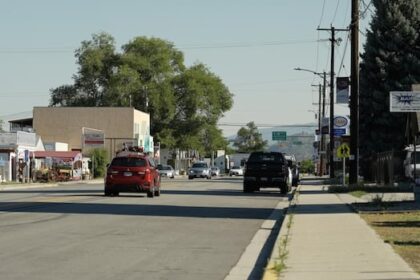A study from McGill University in Montreal says climate change could result in a high rate of contamination spread in the high Arctic. The report, published on Nov. 6, says that warming temperatures and more precipitation are making it easier for subsurface contamination to spread. “Increasing Arctic warming rates drive significant environmental change, including permafrost thaw and new groundwater pathway development, thereby increasing groundwater vulnerability to contaminant transport at the thousands of unremediated sites in the circumpolar north,” says the report’s introduction. According to McGill, the study focused on a former cold war radar station, one of 21across the region that is still “contaminated by industrial waste.” These sites were set up across Canada’s north and was called the Distant Early Warning System – or DEW line. The joint Canadian-American system was there to detect any Russian aggression. At the moment, the Arctic is “warming two to four times faster than the global average rate,” the report states. “With the warm weather in the fall now, we’ve had a lot of rain, and then it cooled off quite quickly, so covering the ground where the animals eat from is, like, a one inch sheet of ice right now,” said Fred Pederson, MLA for the riding of Cambridge Bay in Nunavut. “So, you know, how are they going to adapt to that?” Drinking water sources in the far North are closely monitored. But researchers warn that the effect on Arctic wildlife is a concern. With the high cost of living through the Arctic, many communities rely on food gathered from the land and sea, mainly through hunting. Pederson says the results of the study are very concerning, especially with the other effects of climate change his community is witnessing. “Are they going to be able to feed themselves till they can cross to the mainland themselves over the ice and feed down on the mainland where they do in the wintertime? So, you know, that could affect the number of caribou that can survive that type of thing. “There’s going to be a lot harder for them to work to be able to eat them.” Continue Reading
Study says climate change could result in high rate of contaminants spreading in water

Leave a Comment










